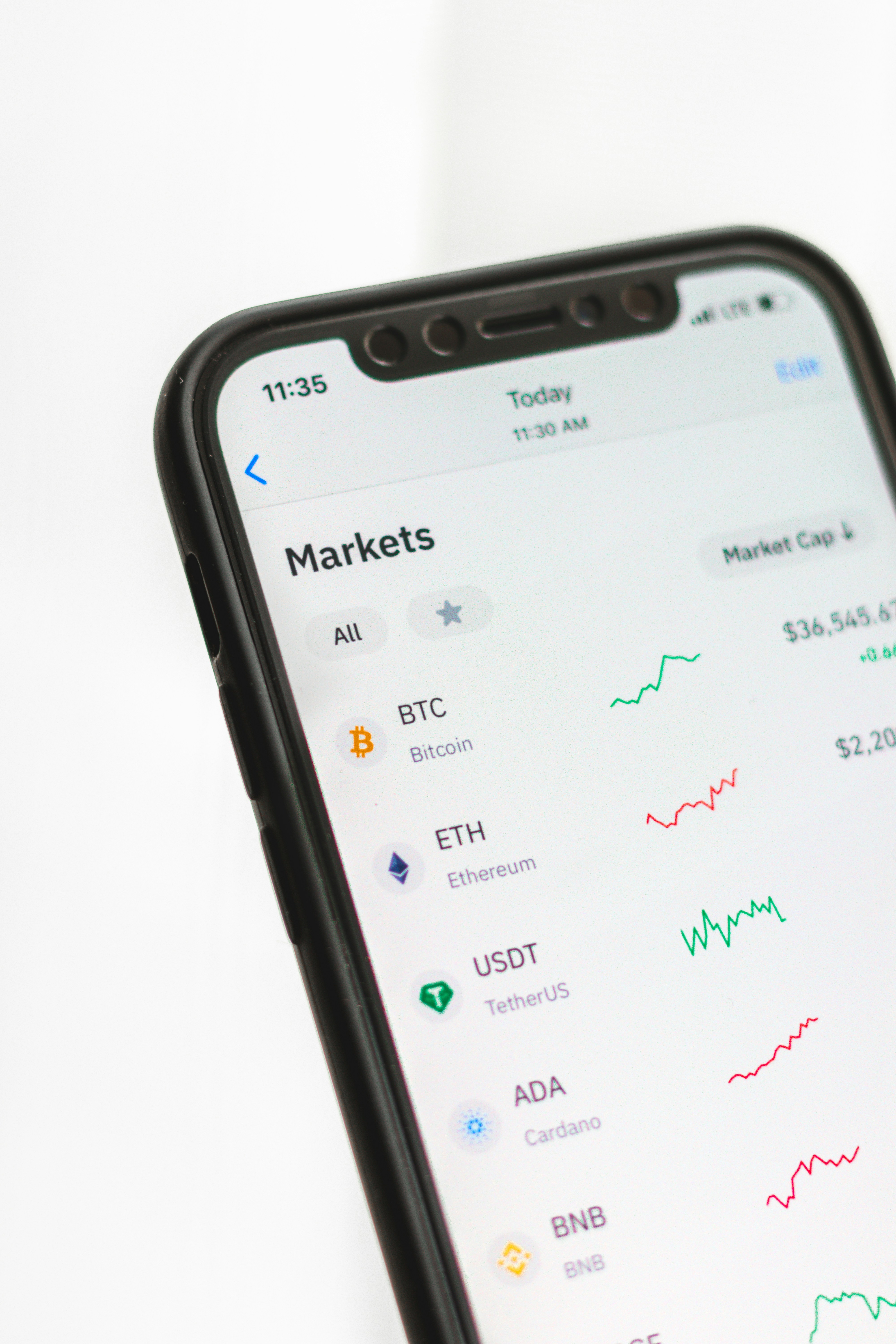📚 Table of Contents
- ✅ The Rise of Blockchain, DeFi, and AI in Investing
- ✅ Blockchain and DeFi: A Revolutionary Financial Frontier
- ✅ AI Ethics in Investing: Balancing Innovation and Responsibility
- ✅ Comparing Career Paths: Skills, Opportunities, and Challenges
- ✅ Future Trends: Where Are These Fields Headed?
- ✅ Conclusion
The Rise of Blockchain, DeFi, and AI in Investing
In today’s rapidly evolving financial landscape, two technological forces—blockchain with decentralized finance (DeFi) and artificial intelligence (AI) with ethical investing—are reshaping how we think about wealth, risk, and opportunity. But which career path offers the most promising future? Should you dive into the decentralized world of blockchain and DeFi, or focus on the ethical implications of AI in investing?
The answer isn’t straightforward. Both fields present unique challenges, rewards, and growth potential. Blockchain and DeFi offer financial sovereignty and innovation, while AI ethics in investing emphasizes responsible decision-making in an increasingly automated world. This article explores these two career paths in depth, helping you make an informed choice.
Blockchain and DeFi: A Revolutionary Financial Frontier
Blockchain technology, the backbone of cryptocurrencies like Bitcoin and Ethereum, has expanded far beyond digital currencies. Decentralized finance (DeFi) leverages blockchain to recreate traditional financial systems—lending, borrowing, trading—without intermediaries like banks. This shift has created a booming job market for developers, analysts, and strategists.
Why Choose a Career in Blockchain and DeFi?
The blockchain and DeFi sector is growing exponentially. According to industry reports, blockchain-related job postings surged by over 300% in recent years. Roles such as smart contract developers, DeFi protocol architects, and blockchain security experts are in high demand. Salaries in this field are competitive, often exceeding six figures due to the specialized skill set required.
Key Skills Needed
- Programming: Solidity, Rust, and Python are essential for smart contract development.
- Cryptography: Understanding encryption and security protocols is crucial.
- Financial Acumen: Knowledge of trading, liquidity pools, and yield farming strategies.
- Regulatory Awareness: Navigating evolving legal frameworks in different jurisdictions.
Challenges in Blockchain and DeFi
Despite its potential, this field is volatile. Regulatory crackdowns, smart contract vulnerabilities, and market instability can pose risks. Additionally, the fast-paced nature of DeFi requires continuous learning to stay ahead.
AI Ethics in Investing: Balancing Innovation and Responsibility
Artificial intelligence is transforming investing through algorithmic trading, robo-advisors, and predictive analytics. However, with great power comes ethical dilemmas—bias in AI models, data privacy concerns, and the societal impact of automated decision-making. Careers in AI ethics focus on ensuring fairness, transparency, and accountability in financial AI applications.
Why Choose a Career in AI Ethics?
As AI adoption grows, so does the need for ethical oversight. Companies like BlackRock and Goldman Sachs are hiring AI ethicists to mitigate risks and comply with regulations. This field appeals to those passionate about social responsibility and technology governance.
Key Skills Needed
- AI and Machine Learning: Understanding how models are trained and deployed.
- Ethical Frameworks: Familiarity with principles like fairness, accountability, and transparency (FAT).
- Regulatory Knowledge: GDPR, AI Act, and other compliance standards.
- Critical Thinking: Assessing unintended consequences of AI in finance.
Challenges in AI Ethics
AI ethics is still an emerging field, meaning roles may be less defined than in blockchain. Resistance from profit-driven organizations and the abstract nature of ethical dilemmas can also be hurdles.
Comparing Career Paths: Skills, Opportunities, and Challenges
Both blockchain/DeFi and AI ethics offer lucrative and meaningful careers, but they cater to different interests and skill sets.
Job Market and Growth
Blockchain and DeFi roles are more established in tech hubs, while AI ethics positions are often found in larger financial institutions or regulatory bodies. Blockchain offers faster entry for developers, whereas AI ethics may require advanced degrees in philosophy, law, or data science.
Salary Expectations
Blockchain developers can earn between $100,000 to $200,000 annually, while AI ethicists may start lower but see rapid growth as demand increases.
Long-Term Viability
Blockchain is here to stay, but its applications may evolve. AI ethics, on the other hand, will only grow in importance as AI becomes ubiquitous in finance.
Future Trends: Where Are These Fields Headed?
The future of blockchain and DeFi lies in interoperability between networks and institutional adoption. Meanwhile, AI ethics will likely see stricter regulations and standardized ethical auditing processes.
Emerging Opportunities
- Blockchain: Central bank digital currencies (CBDCs), NFT-based finance.
- AI Ethics: Explainable AI (XAI), bias detection tools, ethical AI certifications.
Conclusion
Choosing between a career in blockchain/DeFi and AI ethics depends on your interests and strengths. If you thrive in fast-paced, technical environments, blockchain may be the right fit. If you’re drawn to policy, ethics, and long-term societal impact, AI ethics offers a rewarding path. Both fields promise growth, innovation, and the chance to shape the future of finance.


Leave a Reply